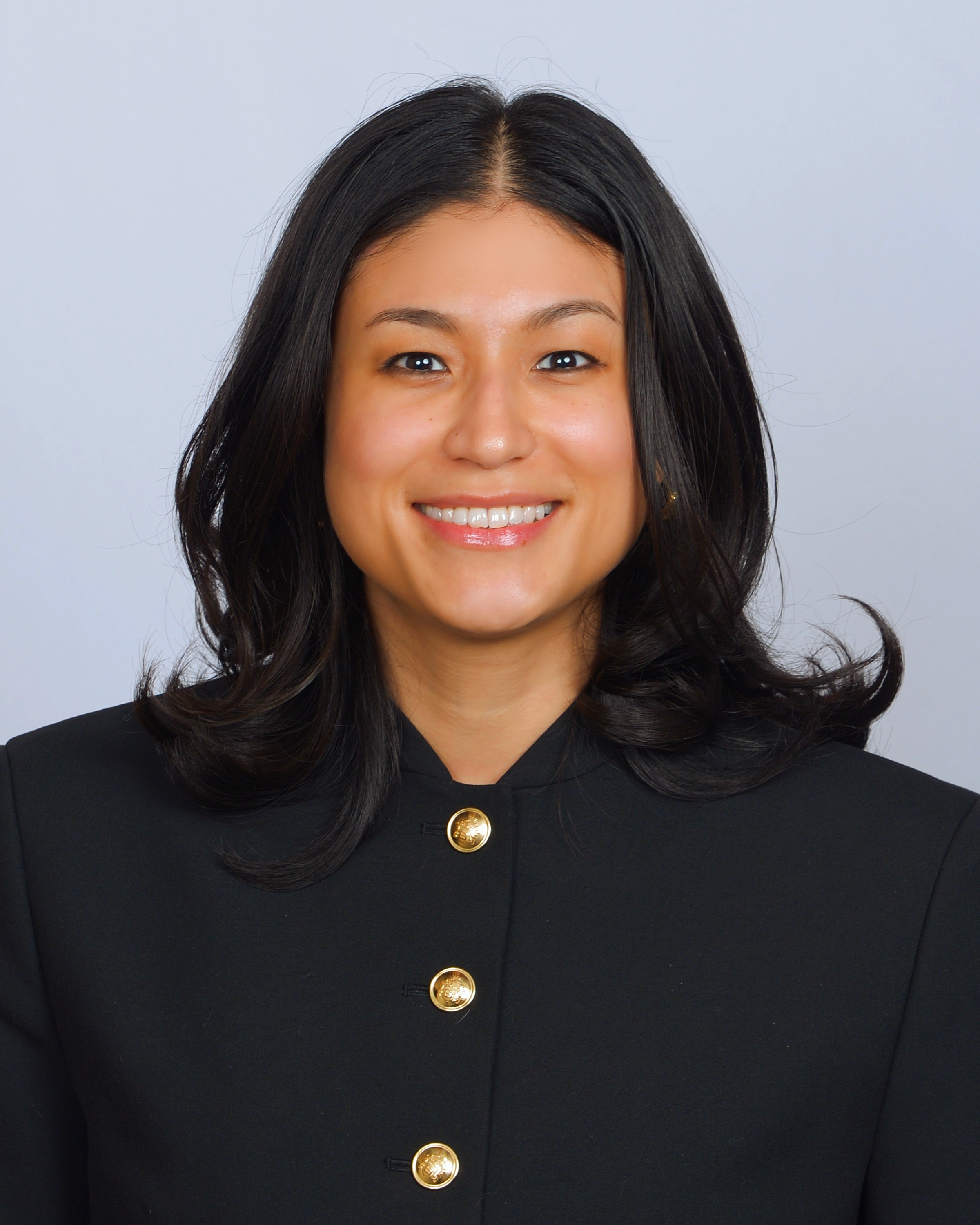

FENYO LAB
People
 David Fenyö, Ph.D.ProfessorDavid's research focuses on multi-omic and spatial data integration, and he applies it to discover and verify biomarkers and therapeutic targets in cancer.
David Fenyö, Ph.D.ProfessorDavid's research focuses on multi-omic and spatial data integration, and he applies it to discover and verify biomarkers and therapeutic targets in cancer.- Ph.D. Students
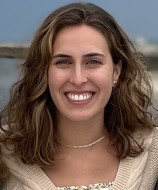 Michelle HollenbergPh.D. StudentMichelle focuses on developing strategies for analyzing multiplexed immunofluorescent images to investigate the tumor microenvironment in endometrial carcinoma. I use deep learning, image analysis, and multiomics tools to identify relevant biomarkers and morphological features that correlate with clinical outcomes, such as recurrence and immunotherapy response.
Michelle HollenbergPh.D. StudentMichelle focuses on developing strategies for analyzing multiplexed immunofluorescent images to investigate the tumor microenvironment in endometrial carcinoma. I use deep learning, image analysis, and multiomics tools to identify relevant biomarkers and morphological features that correlate with clinical outcomes, such as recurrence and immunotherapy response.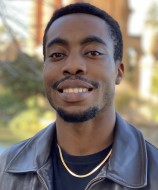 Madu NzeremPh.D. StudentBacterial virulence factors can be used as an alternative target to treat/prevent bacterial infections. By representing biological information with deep learning based tools, I am integrating data from tertiary level protein structure and genomic neighborhoods to predict known and potentially novel bacterial virulence factors.
Madu NzeremPh.D. StudentBacterial virulence factors can be used as an alternative target to treat/prevent bacterial infections. By representing biological information with deep learning based tools, I am integrating data from tertiary level protein structure and genomic neighborhoods to predict known and potentially novel bacterial virulence factors. Tianxiao ZhaoPh.D. StudentTianxiao develops computational tools for spatial multi-omics studies using deep learning, focusing on spatial data simulation, spatial context reconstruction, and data integration. He is also exploring applications of large language models in molecular biology.
Tianxiao ZhaoPh.D. StudentTianxiao develops computational tools for spatial multi-omics studies using deep learning, focusing on spatial data simulation, spatial context reconstruction, and data integration. He is also exploring applications of large language models in molecular biology.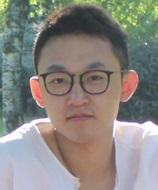 Ze ChenPh.D. StudentZe uses statistical and machine learning methods to explore biology and medicine, and currently he is focusing on understanding aneuploidy in cancer by studying the interactions between cancer cells and immune cells.
Ze ChenPh.D. StudentZe uses statistical and machine learning methods to explore biology and medicine, and currently he is focusing on understanding aneuploidy in cancer by studying the interactions between cancer cells and immune cells.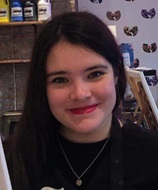 Linda ProcellPh.D. StudentLinda is interested in studying health and disease in women's healthcare and gynecologic disorders through multi-omic analysis with a focus on single-cell and spatial transcriptomics. She is also intrigued by cellular heterogeneity in disease and the structural components of microenvironmental interactions.
Linda ProcellPh.D. StudentLinda is interested in studying health and disease in women's healthcare and gynecologic disorders through multi-omic analysis with a focus on single-cell and spatial transcriptomics. She is also intrigued by cellular heterogeneity in disease and the structural components of microenvironmental interactions.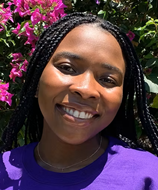 Olufolakemi OlusanyaPh.D. StudentFola's research is focused on plasmid evolutionary dynamics and its implications for Staphylococcus aureus cytotoxicity
Olufolakemi OlusanyaPh.D. StudentFola's research is focused on plasmid evolutionary dynamics and its implications for Staphylococcus aureus cytotoxicity Adam WalkerPh.D. StudentAdam is working on better understanding cancer metastasis and cell plasticity. He plans on analyzing cancer organoids using a combination of microscopy and multi-omics to identify biomarkers for plasticity and metastatic potential. He will utilize machine learning models to try and computationally assess an organoid's viability and possible clinical uses. Adam is co-mentored by Dr. Theresa Vincent.
Adam WalkerPh.D. StudentAdam is working on better understanding cancer metastasis and cell plasticity. He plans on analyzing cancer organoids using a combination of microscopy and multi-omics to identify biomarkers for plasticity and metastatic potential. He will utilize machine learning models to try and computationally assess an organoid's viability and possible clinical uses. Adam is co-mentored by Dr. Theresa Vincent.- Postdocs / Reseach Scientist / Fellows
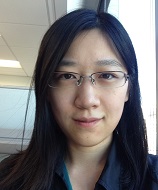 Wenke Liu, Ph.D.Research ScientistWenke's research focuses on developing machine learning methods to the harmonization analysis of large multimodal biomedical data sets.
Wenke Liu, Ph.D.Research ScientistWenke's research focuses on developing machine learning methods to the harmonization analysis of large multimodal biomedical data sets. Jude Nawlo, M.D.Gynecologic Oncology FellowJude's research interests include investigation of LINE-1 retrotransposons in gynecologic cancer, chemotherapy decision-making and palliative care outcomes in the cancer population, national and international healthcare disparities and clinical trial accessibility.
Jude Nawlo, M.D.Gynecologic Oncology FellowJude's research interests include investigation of LINE-1 retrotransposons in gynecologic cancer, chemotherapy decision-making and palliative care outcomes in the cancer population, national and international healthcare disparities and clinical trial accessibility.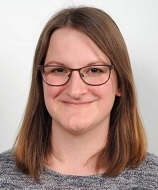 Bea Szeitz, Ph.D.Postdoctoral FellowBea analyzes multi-omic cancer datasets to improve our understanding of tumor heterogeneity and its relation to tumor progression, metastasis development and therapy resistance. Her special interests are proteogenomics and lung cancer.
Bea Szeitz, Ph.D.Postdoctoral FellowBea analyzes multi-omic cancer datasets to improve our understanding of tumor heterogeneity and its relation to tumor progression, metastasis development and therapy resistance. Her special interests are proteogenomics and lung cancer.- Hanaa Khadraoui, M.D.Gynecologic Oncology FellowHanaa's research interests include learning about cellular and molecular mechanisms that mediate chemotherapy drug resistance. She is also interested in cancer care delivery, health disparities, and cancer prevention.
 Naaman Mehta, M.D.Gynecologic Oncology FellowNaaman's research interests include exploring cellular and molecular targets for high-risk endometrial cancers. She is also interested in survivorship care and improving gynecologic cancer health disparities nationally and internationally.
Naaman Mehta, M.D.Gynecologic Oncology FellowNaaman's research interests include exploring cellular and molecular targets for high-risk endometrial cancers. She is also interested in survivorship care and improving gynecologic cancer health disparities nationally and internationally. Rhea Eubanks, M.D.Gynecologic Oncology FellowRhea's research interests include the investigation of molecular targets that may affect the durability of HER2 targeted therapies in patients who have HER2 expressing gynecologic cancers. She is also interested in health care disparities, improving health literacy, and primary cancer prevention.
Rhea Eubanks, M.D.Gynecologic Oncology FellowRhea's research interests include the investigation of molecular targets that may affect the durability of HER2 targeted therapies in patients who have HER2 expressing gynecologic cancers. She is also interested in health care disparities, improving health literacy, and primary cancer prevention.- Staff
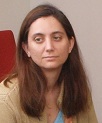 Sarah KeeganScientific ProgrammerSarah collaborates with scientists on diverse projects, including computer vision and image analysis, statistical modeling, simulations of biological systems, creation of data repositories, and clinical data informatics.
Sarah KeeganScientific ProgrammerSarah collaborates with scientists on diverse projects, including computer vision and image analysis, statistical modeling, simulations of biological systems, creation of data repositories, and clinical data informatics.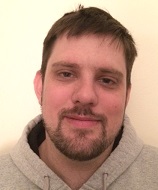 Mark GrivainisScientific ProgrammerMark transforms complex biological data into insightful visualizations, leveraging cloud-based technologies to enable researchers and scientists to explore and understand intricate patterns. His expertise lies in developing interactive and scalable visualization tools that empower data-driven discovery in the life sciences.
Mark GrivainisScientific ProgrammerMark transforms complex biological data into insightful visualizations, leveraging cloud-based technologies to enable researchers and scientists to explore and understand intricate patterns. His expertise lies in developing interactive and scalable visualization tools that empower data-driven discovery in the life sciences.- Interns / Visitors / Rotation Students / Master's Students
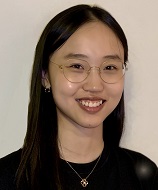 Wenjing ZhangStudent Intern
Wenjing ZhangStudent Intern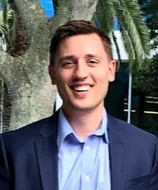 Brian MannMaster's Student
Brian MannMaster's Student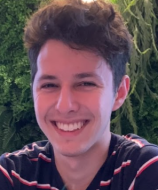 Daniel DraftaMaster's Student
Daniel DraftaMaster's Student Katherine ZhangStudent Intern
Katherine ZhangStudent Intern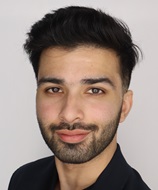 Muhammad AliIntern
Muhammad AliIntern Zhekai LiuMaster's Student
Zhekai LiuMaster's Student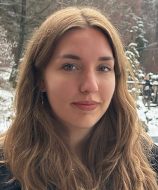 Alessia ToscaMaster's Student
Alessia ToscaMaster's Student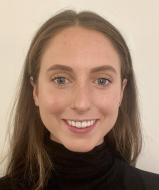 Claudia DurbinMaster's Student
Claudia DurbinMaster's Student



